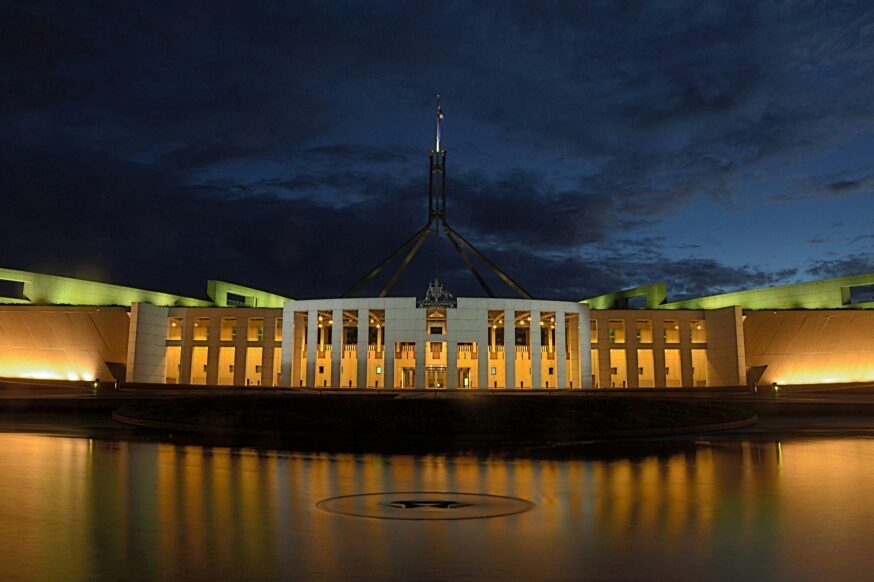Peter Hughes, the New Zealand State Services Commissioner, talked to Adrian Brown and Larry Kamener.
Introduction
Government is about much more than simply providing good customer service and delivering products and services efficiently. That’s the rallying cry of Peter Hughes, New Zealand’s State Services Commissioner who argues that governments should complement managerial efficiency with a greater focus on effectiveness and a reinvigoration of the spirit of public service.
“It’s the difference between focusing on the ‘bottom-line’ and the ‘top-line’. The bottom-line is about delivering outputs as efficiently as possible and being accountable for that delivery. For example, benefit payments should be of the right amount, made on the right day and to the right person. The top-line, however, speaks to effectiveness and outcomes such as whether a jobseeker finds sustainable employment.”
Peter Hughes
New Zealand State Services Commissioner
New Zealand has long been seen as a pioneer when it comes to public sector reform. It was at the forefront of the so-called “new public management” reforms of the 1980s and 1990s that separated policy and operations functions, introduced stronger performance management and encouraged competition where possible. Hughes is now challenging some of the limitations of this managerialist mindset.
“Efficiency and customer service only go so far in ensuring that interventions are effective. A swift job placement that does not result in sustained employment cannot be considered a good outcome for that individual. To understand whether a service is effective we need to take a longer-term view than the current system encourages.”
But taking the longer view is only part of the problem according to Hughes, tackling managerial silos is just as important. “Solving complex societal problems often requires a range of interventions centred on a particular individual, family or community. This almost always requires collaboration between agencies that are run as vertical hierarchies with few incentives to work together.”
If anything, agencies are actively prevented from collaborating thanks to rules about data-sharing, budget management and staffing.
“Simply put, we are not setup to deliver better outcomes and many of the levers are scattered across government and beyond. We need to operate across the system, not just down the vertical silos.”
Peter Hughes
New Zealand State Services Commissioner

“Over the past ten years my predecessors have put various things in place that have enabled us to be more joined-up and responsive and better placed to tackle complex challenges. However, we have really be straining against the architecture, accountability and system design of government. We now have an opportunity, with the change of government, to change the legislative basis upon which government is operating.”
For Hughes’ though this is far more than a technocratic exercise. “Sitting behind the 1990s reforms was a very utilitarian view of the public service. It saw public service as the delivery arm of government, and a contestable one at that. This is fine in terms of service delivery, and we had real gains, but what we lost a sense of being part of something bigger, with a higher purpose, with a moral purpose, and in many ways, I think, we lost our heart.”
This is what Hughes’ calls the “spirit of service” and it’s a powerful message that is resonating strongly with frontline staff. Hughes’ own career began more than 35 years as a clerk with the then Department of Social Welfare, “They put me on the front desk, and I absolutely loved that work. I found the work hugely meaningful, and I thought I was making a difference.”
“I’m not one of those who believes that the public service is simply the delivery arm of the executive branch of Government. I am somebody who believes the public service is a special part of our constitutional democracy that helps to reinforce the legitimacy of the government.”
In an era characterised by disengagement from government, not just in New Zealand but around the world, Hughes sees the spirit of service as an important response to the challenge of rebuilding trust and confidence in public institutions. “Most public servants are doing sensible things, it is just they are working in a managerial frame where they are required to make decisions on the basis of utility rather than an ethical frame. Bringing that ethical frame to bare is going to be really significant.”
For Hughes, public service is about three things. “The first thing is putting the needs of others first. It’s about opening our hearts, minds and energies to the needs of others. It’s about being totally focused on the customer, client or citizen. Secondly, it’s about bringing the right attitude to that. Not that we are subservient in any way, but we approach our work with humility and the desire to serve others. To be of service to others.”
“Finally, it’s absolutely about having a higher purpose. It’s about being motivated by something bigger than ourselves. The desire to use our skills and our talents to make our world, our country, our families, our communities, a better place.”
Peter Hughes
New Zealand State Services Commissioner


